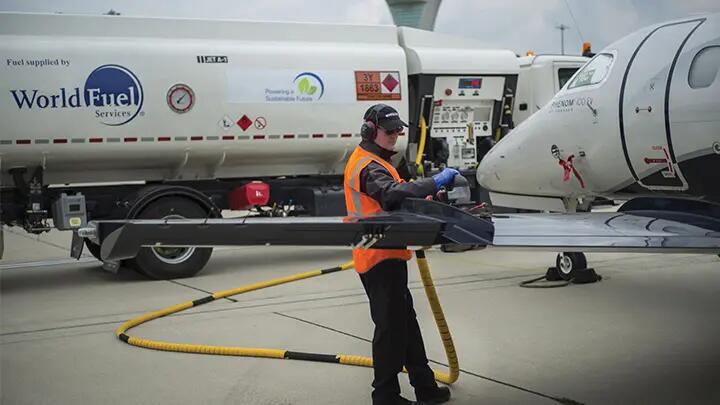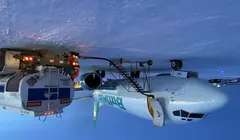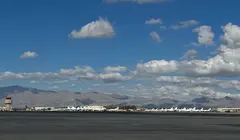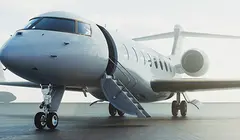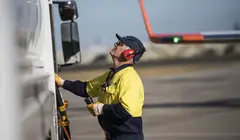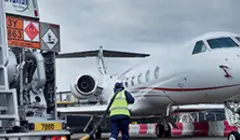The COVID-19 outbreak makes it challenging to predict the activity level in the sector, and as a result, World Kinect is observing that market players are cautious and waiting for further clarifications. Fears of a second round of lockdowns across Europe because of mass gatherings and protests against racism is increasing the likelihood of new coronavirus outbreaks across Europe. Governments warn of the threat of the second wave of cases amid local spikes in infections.
Currently, the carbon offset price direction is flat but we are seeing some indications that some market players would like to secure volume at the current price level. However, as a result of the eligibility criteria’s only allowing carbon offsets from vintage 2016 or later, we are seeing carbon offset prices split into two segments. CORSIA eligible credits are currently priced substantially higher regardless of technology and location compared to non-CORSIA eligible credits.


